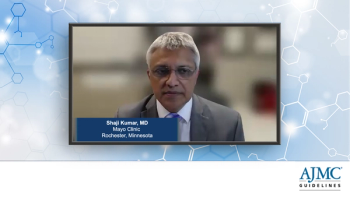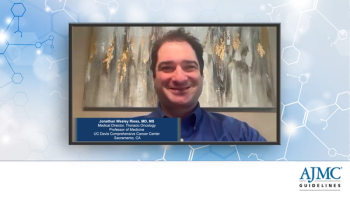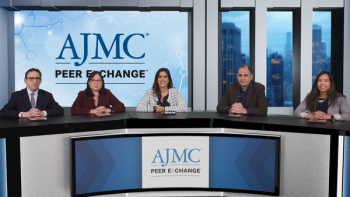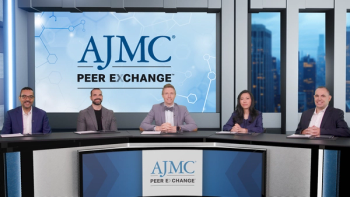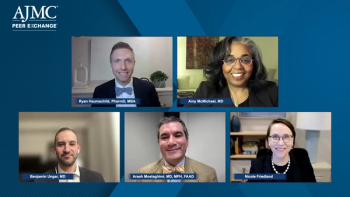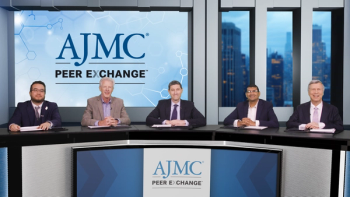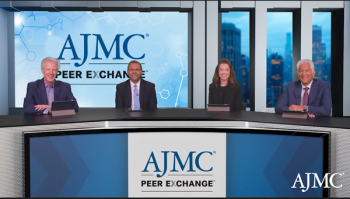
Panelists discuss how quality metrics should focus on keeping patients out of hospitals through core medical therapies, measuring all-cause hospitalizations and days spent at home in the community, while tracking both process metrics (guideline-directed medical therapy prescriptions, comorbidity management) and outcome metrics (mortality, readmissions, quality of life) with financial incentives through Medicare Accountable Care Organization programs.

